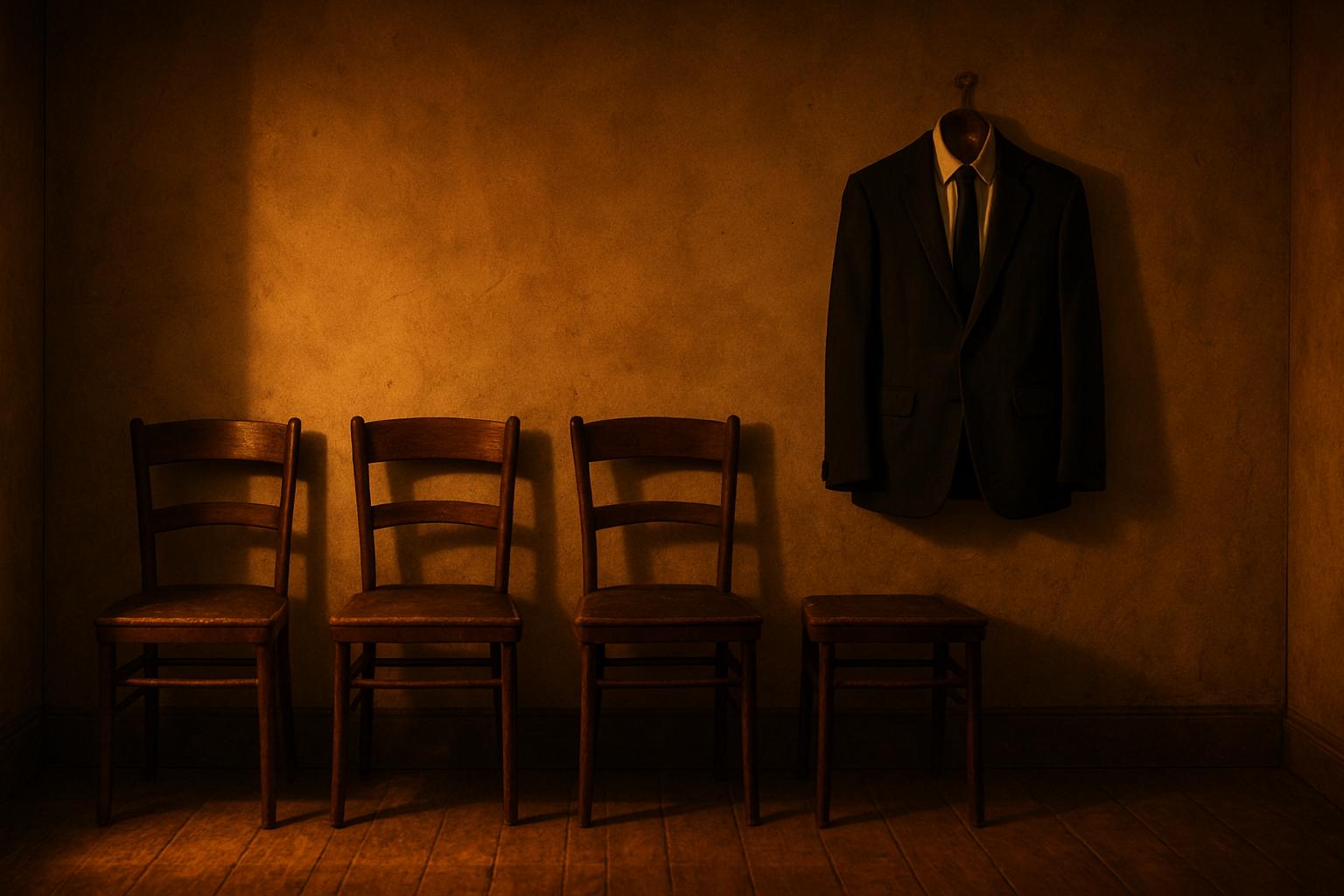Prince Harry’s renewed legal battle with the UK government over his taxpayer-funded security risk threatens to unsettle the fragile prospects for reconciliation with King Charles III. The Duke of Sussex, 41, recently submitted a formal request to the government’s Executive Committee for the Protection of Royalty and Public Figures (Ravec) for increased security arrangements during his visits to the UK. At present, Harry receives “bespoke” protection granted on a case-by-case basis, a departure from the automatic 24/7 security coverage he had before stepping back from royal duties in 2020.
A royal source told The Times that Harry’s fresh appeal to Home Secretary Shabana Mahmood “complicates things for the King” and warned it was “not going to help matters,” suggesting this move risks derailing recent progress in the father and son relationship. The source emphasized that King Charles, bound by constitutional conventions, “cannot and will not lobby” for policy outcomes that pertain to his own family, with royal household representatives serving solely as liaisons rather than advocates.
The tension surrounding security has been a long-standing friction point. Harry maintains that the revocation of his automatic police protection following his move to the United States unjustly increased risks for him and his family, citing documented threats and incidents, including a stalking episode in London and paparazzi confrontations in New York. He argues that the security arrangements were politicised by Buckingham Palace, contributing to a communication breakdown and estrangement from his father. Harry's previous legal challenge against the Home Office’s decision to downgrade his security was upheld by the High Court, but notably, the Court of Appeal recently granted him permission to challenge the ruling again, indicating a “real prospect of success” that the government’s handling of his security was inconsistent with its own policies.
Despite these legal complexities, a glimmer of hope emerged in September when Harry and King Charles reunited for a private 50-minute tea at Clarence House, their first face-to-face meeting in 19 months. Royal observers regarded their discreet gathering as a positive sign toward mending family divisions, though the underlying issues remain unresolved. Harry's request for enhanced security, however, sets the reconciliation back on uncertain footing as it risks reigniting public and political scrutiny.
The security concerns are underscored by recent close calls, including a female stalker breaching a so-called secure zone at a London hotel during Harry’s attendance at the WellChild Awards, highlighting ongoing vulnerabilities. Harry’s letter to the Home Secretary was sent prior to these incidents, but his legal team has since requested a fresh risk assessment from Ravec to reinforce the urgency of his case.
The stakes are heightened by Harry’s family situation, with his wife Meghan Markle and their two young children reportedly reluctant to return to the UK under current security conditions. Harry has publicly urged political figures, including Labour leader Sir Keir Starmer and former Home Secretary Yvette Cooper, to scrutinize the security protocols, arguing that the royal family’s influence over protection decisions can be wielded as a form of control.
King Charles’s delicate position is also informed by legal prudence and his health. During a court appeal in April 2025, the King refrained from meeting Harry, mindful that any private conversations could potentially complicate ongoing litigation against the government, which is under the Crown’s remit. The royal biographer Robert Hardman noted that even an innocent remark by the King could inadvertently disrupt legal proceedings, while ongoing medical treatment also factored into the decision to avoid contact.
This legal wrangling and personal estrangement come amidst Harry's pursuit of multiple lawsuits against British tabloids, marking a complex chapter in his relationship with the UK establishment. Though buoyed by recent legal victories, his longing for reconciliation is hampered by layers of mistrust, unresolved grievances, and the practical realities of security arrangements.
While the September meeting with King Charles has been viewed as a tentative step toward healing, the Duke’s renewed push for security threatens to overshadow these gestures with renewed contention. For reconciliation to progress, it appears critical that the security issues, which lie at the heart of Harry’s grievances, be addressed in a manner that balances his safety with constitutional norms and government policy.
📌 Reference Map:
- Paragraph 1 – [1], [4], [5]
- Paragraph 2 – [1]
- Paragraph 3 – [2], [5]
- Paragraph 4 – [1], [3], [5]
- Paragraph 5 – [1], [2]
- Paragraph 6 – [1], [3]
- Paragraph 7 – [1], [6]
- Paragraph 8 – [1], [2], [6]
- Paragraph 9 – [2], [3], [4]
- Paragraph 10 – [7], [1]
Source: Noah Wire Services
